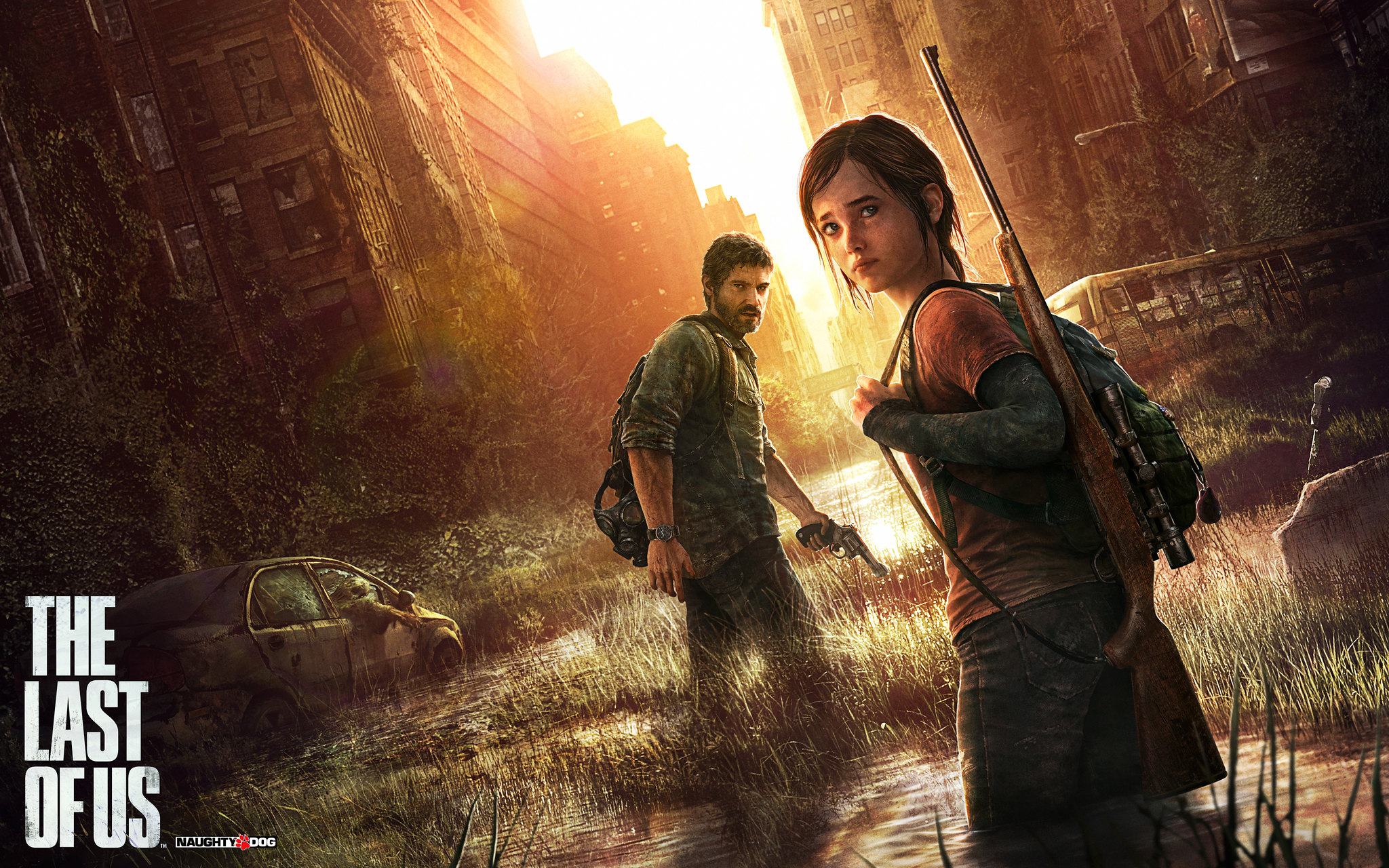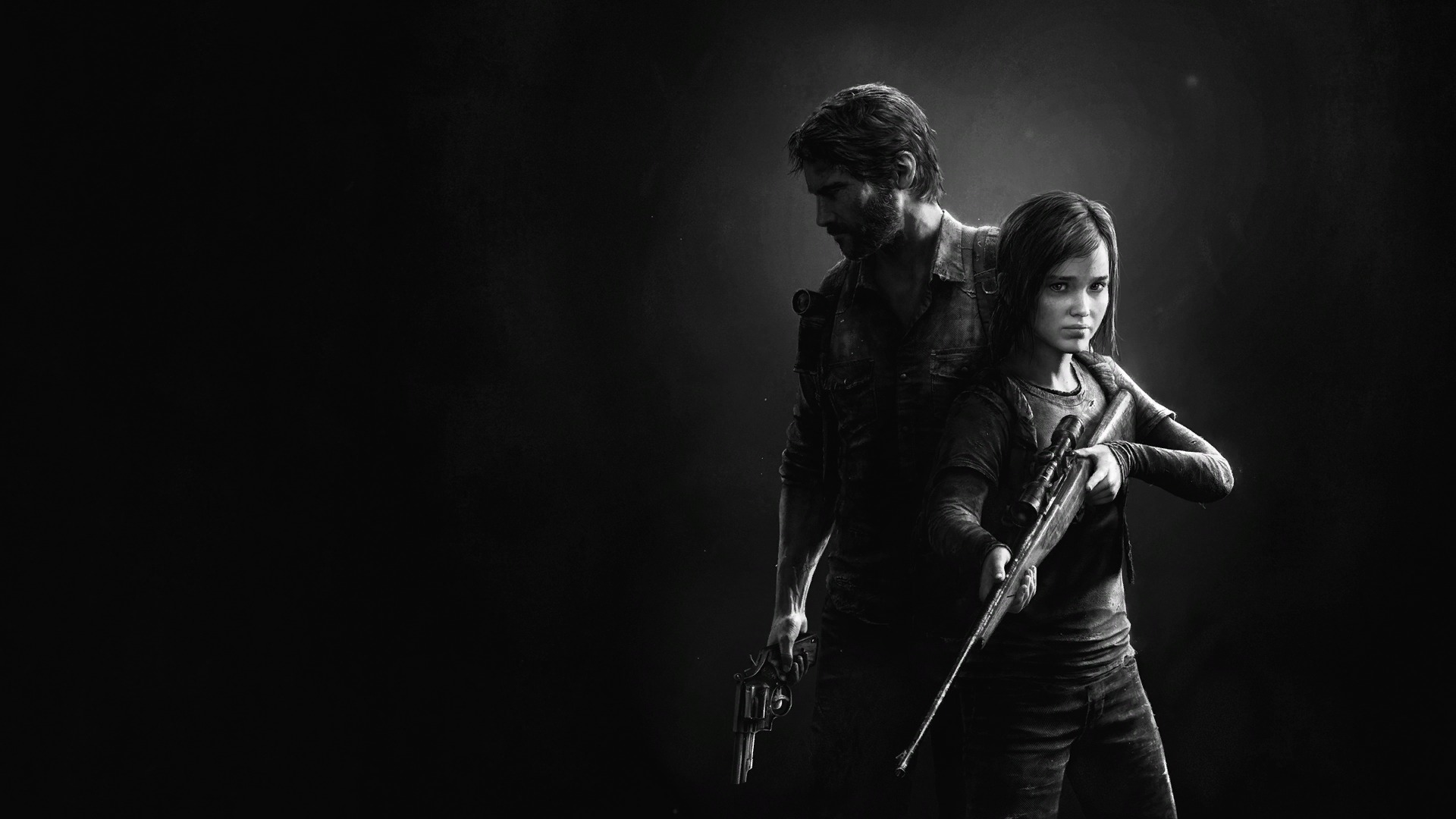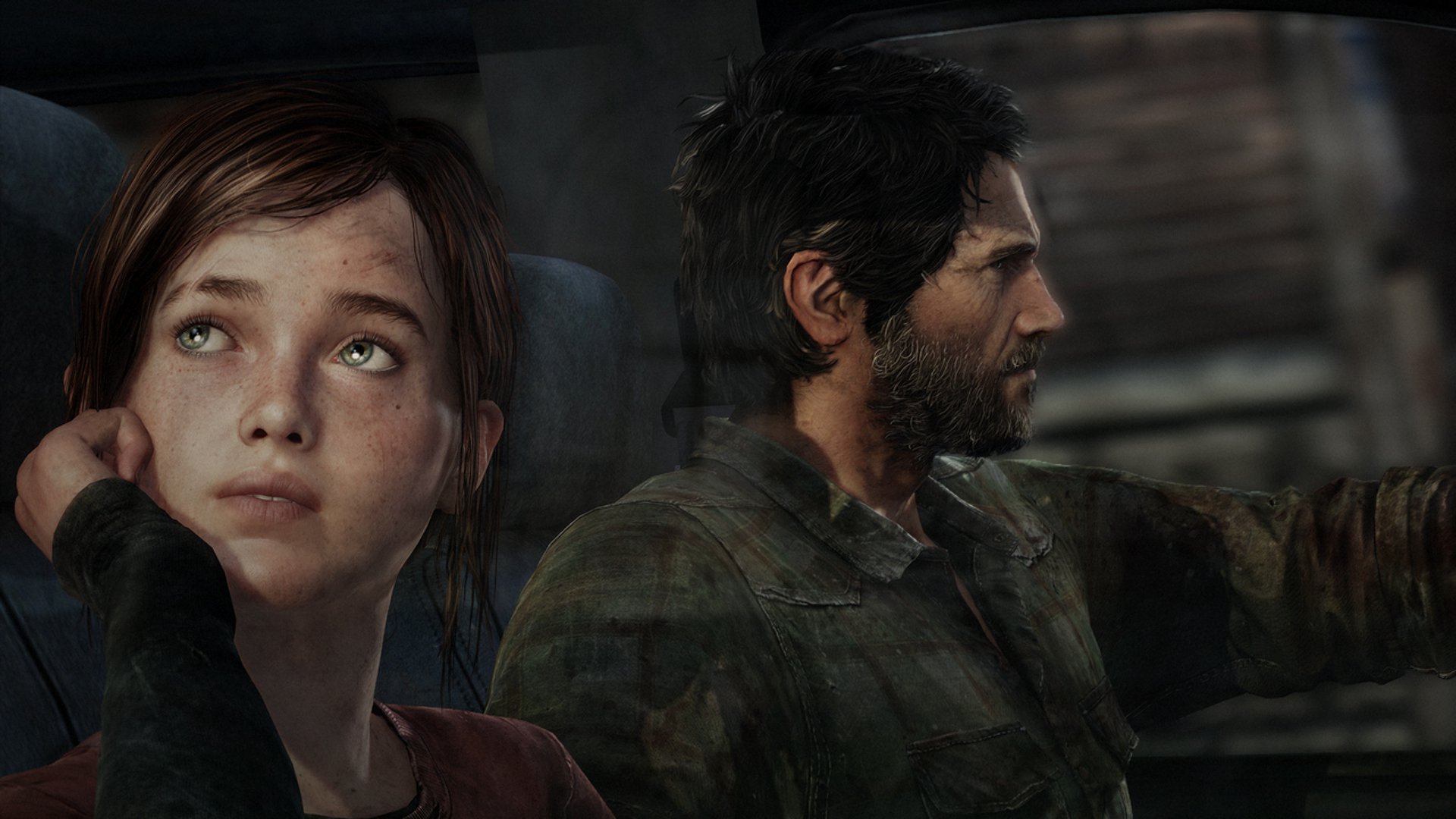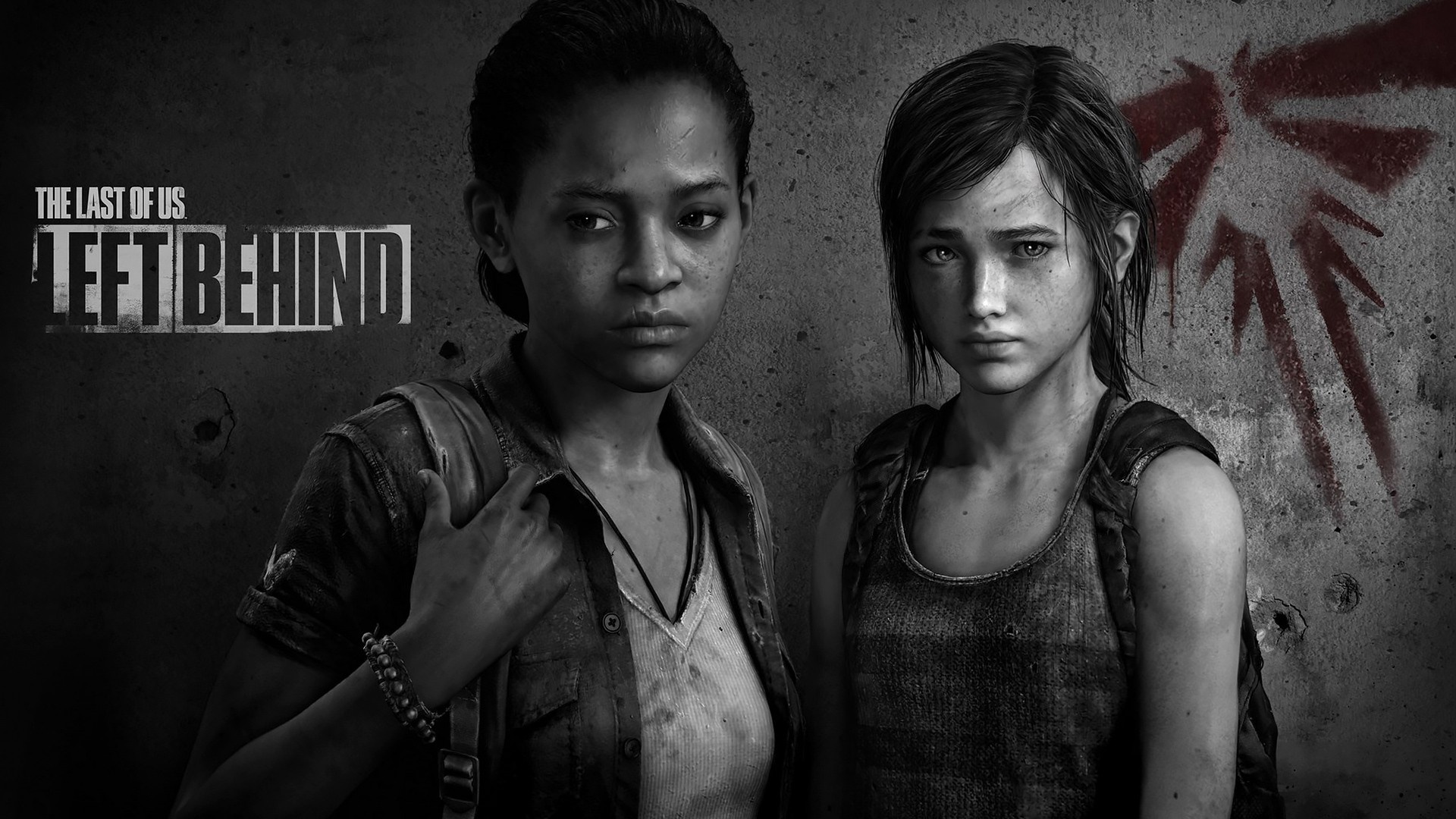Hello there, welcome to another issue of Morning Coffee.
Yesterday I started playing one of the most widely anticipated video games of all time: Uncharted 4: A Thief’s End. This is perhaps the first game that pushes the PS4 hardware clearly beyond what last-gen consoles were capable of doing, and it’s remarkable in its own right for being the last entry in Naughty Dog’s extremely popular Uncharted series.
Uncharted 4 has been a long time in the making. This series is the reason I bought a PS3 a few years ago, and I have to say I’ve enjoyed each chapter with the wide-eyed enthusiasm of a ten-year-old kid. These games offer a cinematic experience that is easily on par with big budget Hollywood films, and now with Uncharted 4, Naughty Dog has raised the bar significantly, delivering a true work of art in video game form.
Not that it’s their first time, mind you.
Naughty Dog has a long and rich history of delivering masterpieces, but in my mind there’s one particular game that sits head and shoulders above everything else we’ve ever seen in the industry. That’s what I’d love to tell you about today.
Issue #41: The Last of Us (No Spoilers)
Let me preface this by saying I don’t consider myself a gamer in the popular sense of the term. I’ve only played a handful of PS3 games — literally — and I only bought the PS4 this week to be able to play Uncharted 4. I’m not crazy about beating skill-based games, or spending hundreds of hours building a character in a made-up universe — with perhaps one or two notable exceptions.
My ambitions when it comes to gaming are fairly modest: have fun, and experience truly compelling stories. That’s why I love the Uncharted series, and the recent Tomb Raider reboot. They’re just lots of fun to play, but they’re also incredible stories, told in a medium with an unparalleled capacity for immersion. If you’ve ever cried at the movies, you probably know what I’m talking about. Great games offer the same experience, only dialed up to eleven.
However, every once in a while there comes a game so remarkable that it fully and completely transcends the previously known limitations of the medium and becomes something else entirely. These are incredibly rare, and may come only once in a generation. The Last of Us is exactly that kind of game.

On its face, the premise of the game seems fairly simple: set in a dystopian future where a virus has wiped out most of the human race and turned them into fungi-shaped zombies, two mean-spirited scavengers are tasked with smuggling a teenage girl out of a quarantine zone. So far, nothing seems out of the ordinary: just another zombie-ridden survival game, right?
Wrong.
What sets The Last of Us apart from many other games is the depth and complexity of its characters. There are zombies in the game, yes, but the story is never about them. It’s not even about the Fireflies, a so-called resistance group that’s apparently looking for a cure. The Last of Us tells a story that is much smaller in scope, but much bigger in relevance. It’s the story of a broken man and a lost girl, both of whom stubbornly refuse to give up even in the face of insurmountable odds. It’s a story about family, and love. A story about growing up, and learning to let go.

Right from the beginning, The Last of Us punches you in the stomach with a scene so poignant and tragic that you have no choice but to instantly empathize with Joel, the main playable character in the game. By bearing witness to this traumatic event, we’re prepared to understand — if not quite forgive — Joel for any questionable actions he may go on to commit over the course of the story. And boy, does he commit them. Clearly, you don’t get to survive long in a zombie apocalypse by being nice.
Ellie, on the other hand, represents the polar opposite of Joel. She was born after the world had already ended, so this life is all she’s ever known. She hasn’t had to go through the incredibly difficult process of losing everything we take for granted, and that has given her the rare ability to remain innocent in a world dominated by cruelty and violence. While Joel broke a long time ago, Ellie somehow manages to bend instead.
And so, while there’s a fair amount of killing to do — both zombie and human killing, mind you — and lots of huge areas to traverse and gorgeous sets to explore, to me the most compelling aspect of The Last of Us is being able to witness the complex and nuanced relationship that slowly develops between Joel and Ellie. He teaches her to find the strength to do whatever it takes to survive, and she teaches him that there’s more to life than surviving. It’s a long and powerful journey during which both characters change profoundly — and hopefully, so do we.

I won’t get into any more specifics here, because if you haven’t played the game, spoiling it would be cruel. Suffice it to say that Naughty Dog managed to make Joel, Ellie and many of the supporting characters feel surprisingly like real people, with their own problems and ambitions, instead of random stereotypes. This is storytelling at its absolute, unequivocal best.
Of course, when it comes to telling a compelling, believable story, it never hurts to have the best voice actors in the industry, and The Last of Us most definitely does. The amazing cast led by Troy Baker and Ashley Johnson deliver Oscar-worthy performances across the board, and help make this a truly unforgettable experience.
And last but certainly not least, there’s the wonderful Left Behind, a roughly 3-hour-long DLC that was released about a year after the main game. Left Behind helped bridge a particular gap in the story of the main game, and also gave us a lot more insight into Ellie as a character. It not only further developed the story of The Last of Us, but it also gave us the opportunity to spend a few more precious hours in the company of these characters we’ve come to know so well. In my mind, it is quite possibly the best DLC ever, and it’s only fitting that it would put one heck of a finishing touch on such a remarkable game.

The Last of Us will always be remembered as an excellent game, perhaps the crowning achievement of the previous generation of consoles. To me, however, it will go down as one of the most compelling and emotional stories I’ve ever experienced, and one of the most polished and inspired pieces of creative work I’ve ever seen.
Now, let’s take a look at some of the week’s most interesting pieces of writing.
♢
Top Five: The Panic sign, China’s twilight, Apple and podcasting, colorizing vintage photos, and being a whistleblower
As usual, this week’s selection is strong, and varied. In no particular order:
The Panic Sign | Cabel Sasser →
Panic put up a new sign on their headquarters, and it went exactly as you’d expect. Brilliant.
♤
China’s Twilight Years | Howard W. French →
This was an interesting take on the social and economic issues that China is likely to face in the future. Some scary stuff in there, definitely.
♧
Apple’s actual role in podcasting: be careful what you wish for | Marco Arment →
Marco shared his take on the recent rumors that Apple may be getting more closely involved with podcasting in the future. Lots of good points here, although Marco is definitely an interested party, so take them with a grain of salt. So am I, for that matter.
♡
10 colorized vintage photos of famous landmarks being built | Michael Zhang →
Your weird and oddly mesmerizing photography project of the week.
♢
Inside the Assassination Complex | Edward Snowden →
Terrific piece by Edward Snowden on what being a whistleblower is really like:
One of the challenges of being a whistleblower is living with the knowledge that people continue to sit, just as you did, at those desks, in that unit, throughout the agency, who see what you saw and comply in silence, without resistance or complaint. They learn to live not just with untruths but with unnecessary untruths, dangerous untruths, corrosive untruths. It is a double tragedy: What begins as a survival strategy ends with the compromise of the human being it sought to preserve and the diminishing of the democracy meant to justify the sacrifice.
♤
Afterword
It’s been an interesting week. I’d love to stay and write a proper farewell, but I’m afraid I left Nate hanging from a particularly steep cliff, so I’m just going to head back now and give him a hand.
Have a wonderful Sunday, and thank you for reading.
